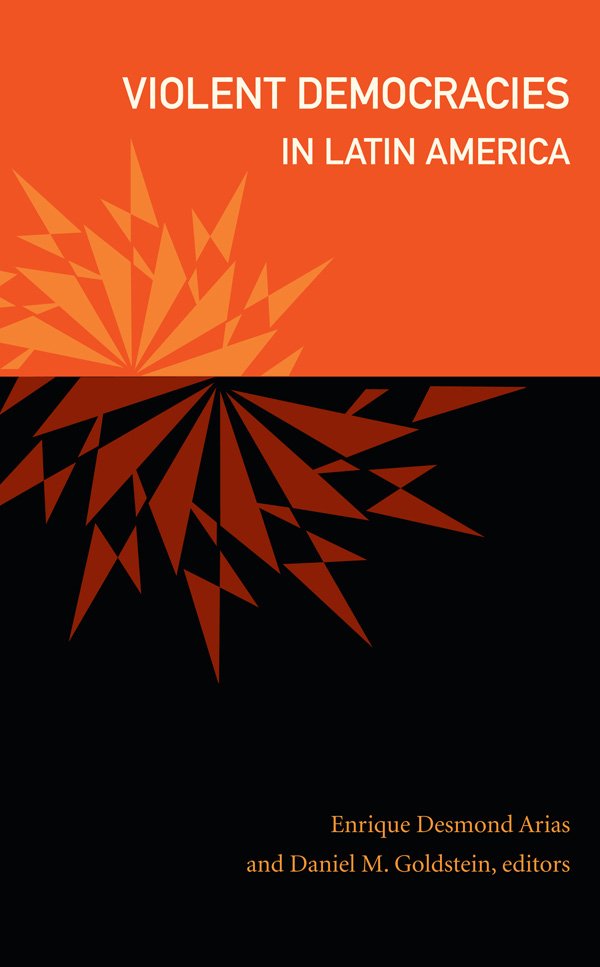Nuestra America
President Biden wants to invest $4 billion in Latin America to stem immigration at the root. Is it enough?
Mexico’s murder rate has almost tripled in 15 years, even as the country has enjoyed a robust multiparty electoral system, a growing economy and a vibrant civil society. This mixed fate is common across Latin American democracies, as they struggle to overcome a past marred by U.S. imperialism, and face the problems of the present: violence, inequality and agonizing migrations. But, says sociologist Gema Kloppe-Santamaría, there is common ground on which the Americas, together, can build a better future.
In 2015, two brothers were beaten and burned alive by an angry mob in the south-central Mexican state of Puebla; they had been accused of kidnapping a local girl, but they were actually pollsters from out of town, not criminals. Latin American history professor and sociologist Gema Kloppe-Santamaría says extralegal violence such as this episode, which made international headlines for its particular cruelty, is not just common in Latin America but endemic. And, she says, it’s not a sign of state absence but state complicity in social disorder. With 93 percent of crimes in Mexico going unpunished, public trust in law enforcement has eroded. This predicament is shaded by the U.S.-supported war on drugs and the widespread militarization of policing — but it’s also one whose historical roots can be traced back at least a century.
Kloppe-Santamaría sits down this time with Will and our producer, Robert Armengol, to sort out how much of Latin America’s dysfunction is connected to the history of heavy-handed American intervention in the region, and what responsibility its own governments have in breaking the cycle of poverty, violence and insecurity that drives immigration in the first place. Addressing these threats to self-government, Kloppe-Santamaría suggests, will call for partnering on big investments in welfare programs and reconciling past wrongs inflicted upon what one of the hemisphere’s most famous freedom fighters famously called “our America.”





